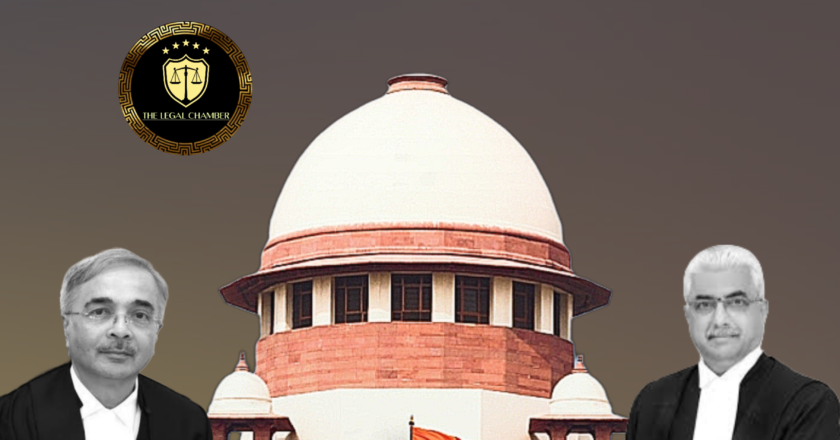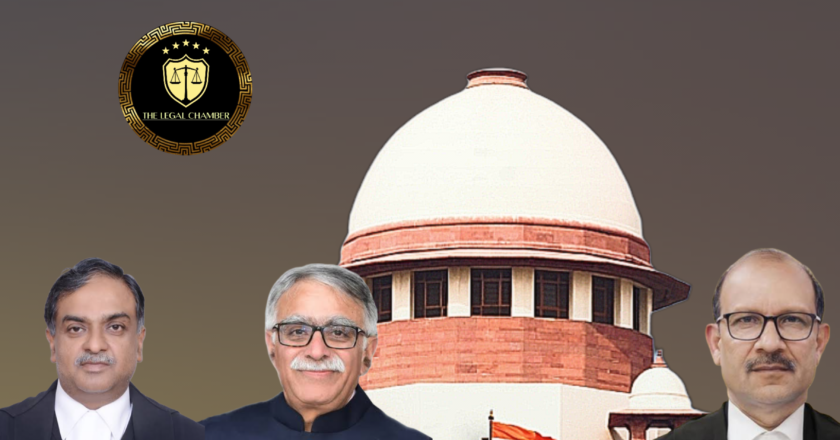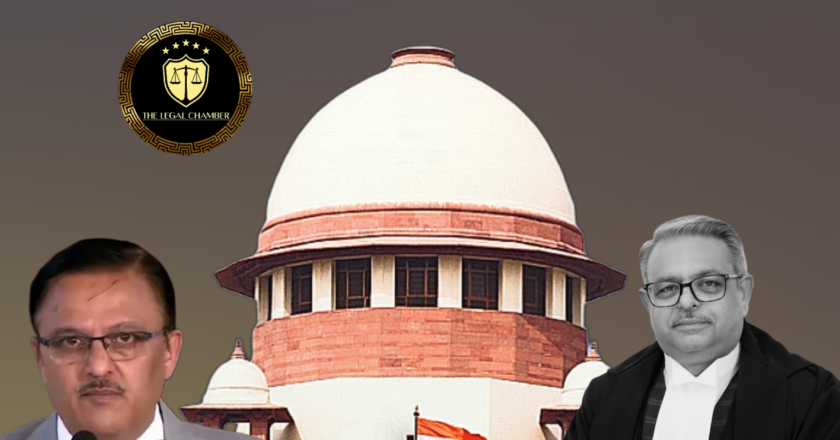Supreme Court Acquits Mother-in-Law, Cites Lack of Evidence in Dowry Harassment Case
The Supreme Court acquitted the appellant of charges under Section 498-A IPC. It held that the conviction, based solely on uncorroborated testimony of interested witnesses, was unsustainable. The Court emphasized that cruelty under Section 498-A must be proven by continuous or persistent conduct likely to drive a woman to suicide, which was not established by the prosecution evidence.
Facts Of The Case:
The case originated from the death of Chandra Devi, who was found deceased in her matrimonial home on June 15, 2001. Her father, Dharmanand Joshi (PW-1), filed a complaint the next day, alleging that his daughter had committed suicide by hanging. He reported seeing wounds on her body and expressed suspicion about her death, stating that the deceased had previously told him her mother-in-l...


